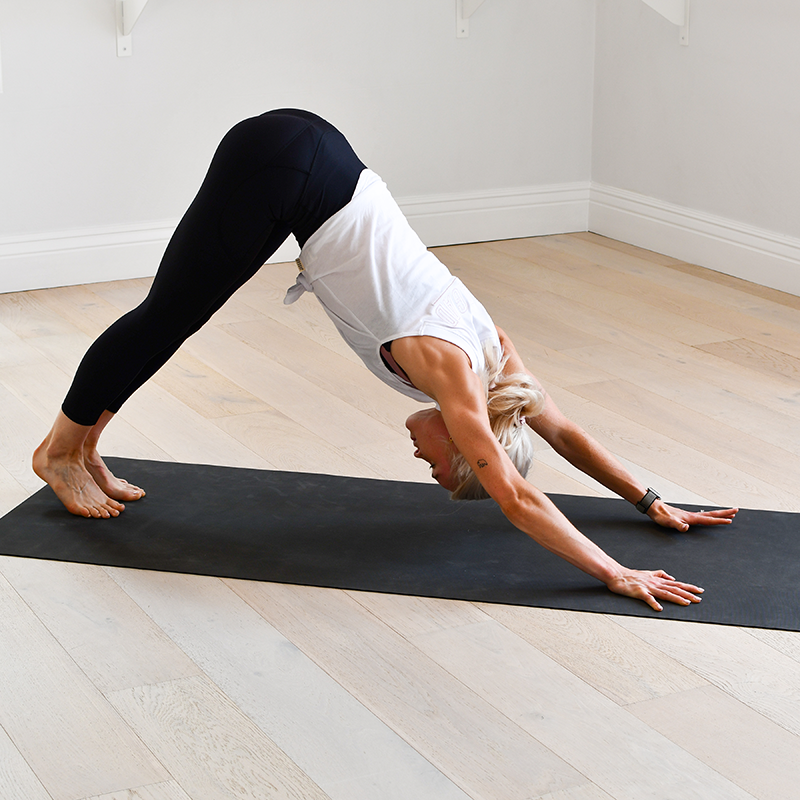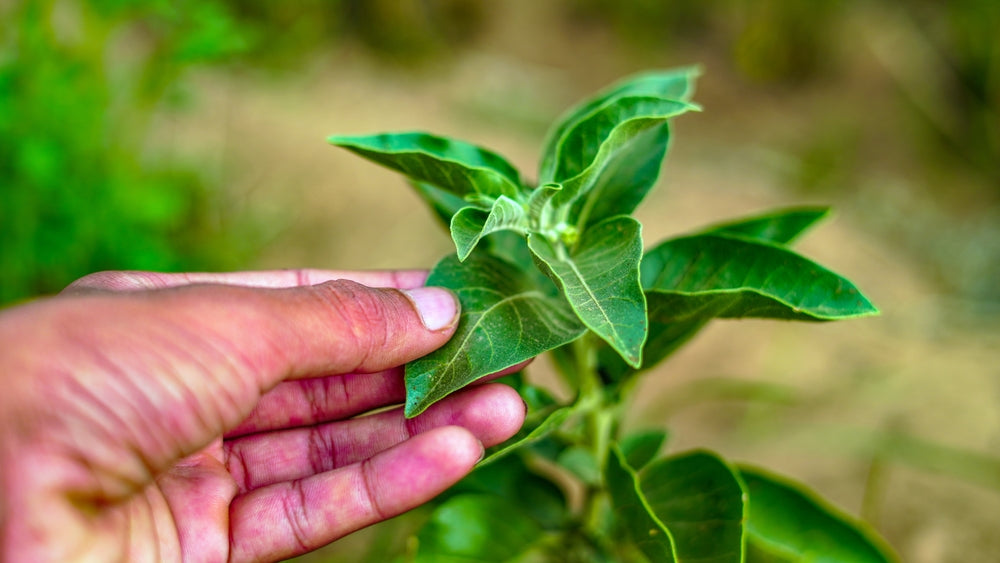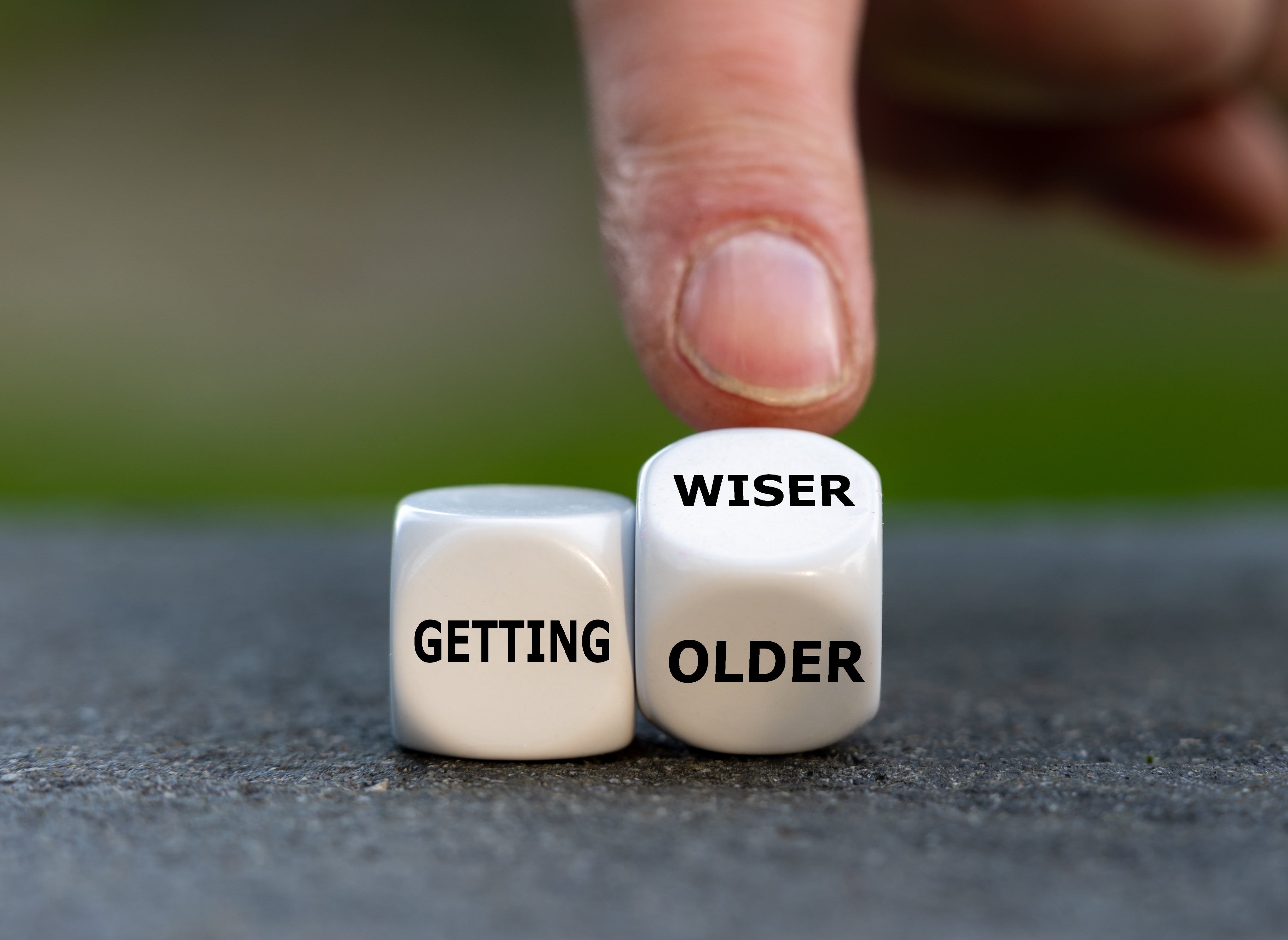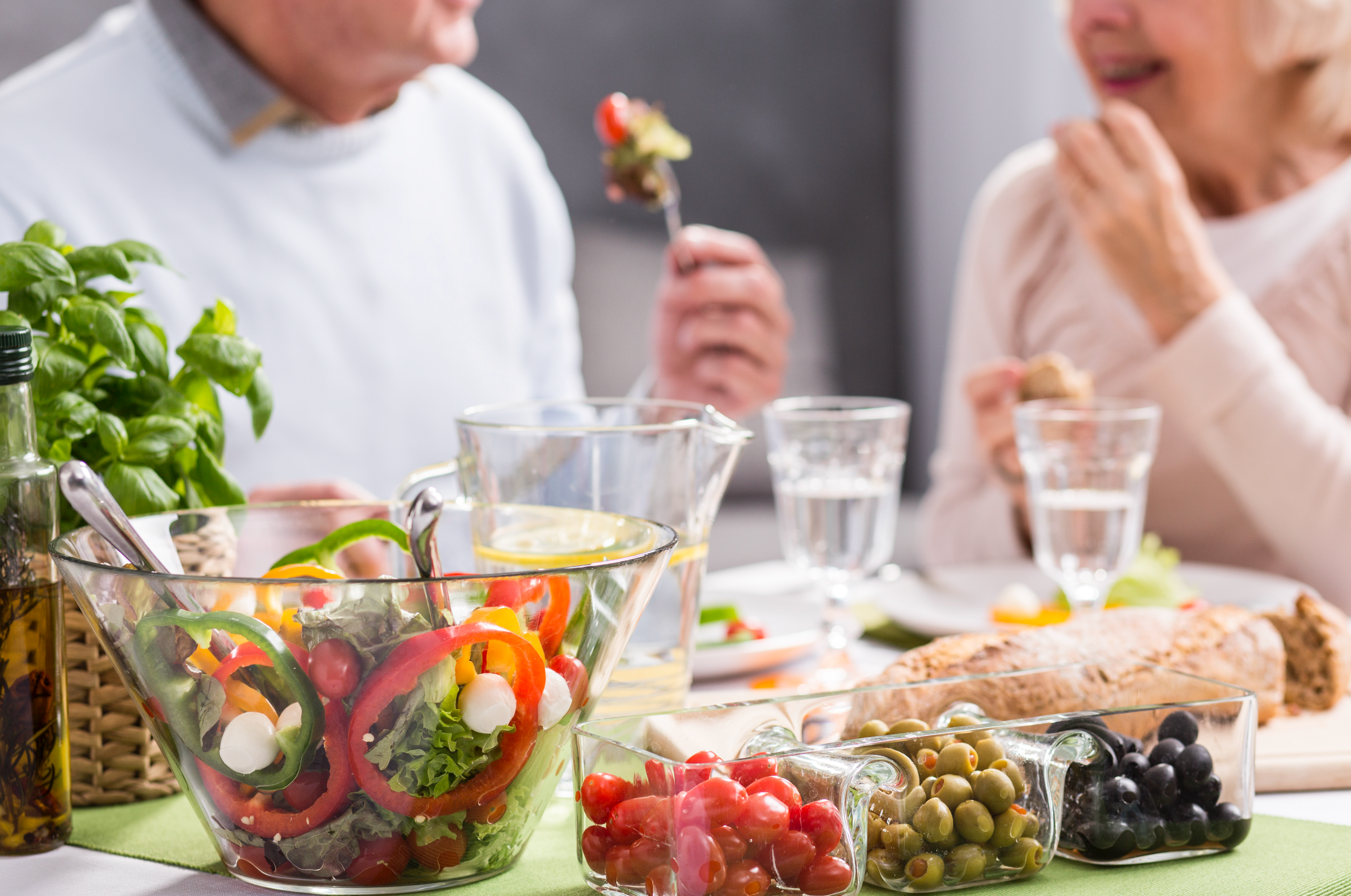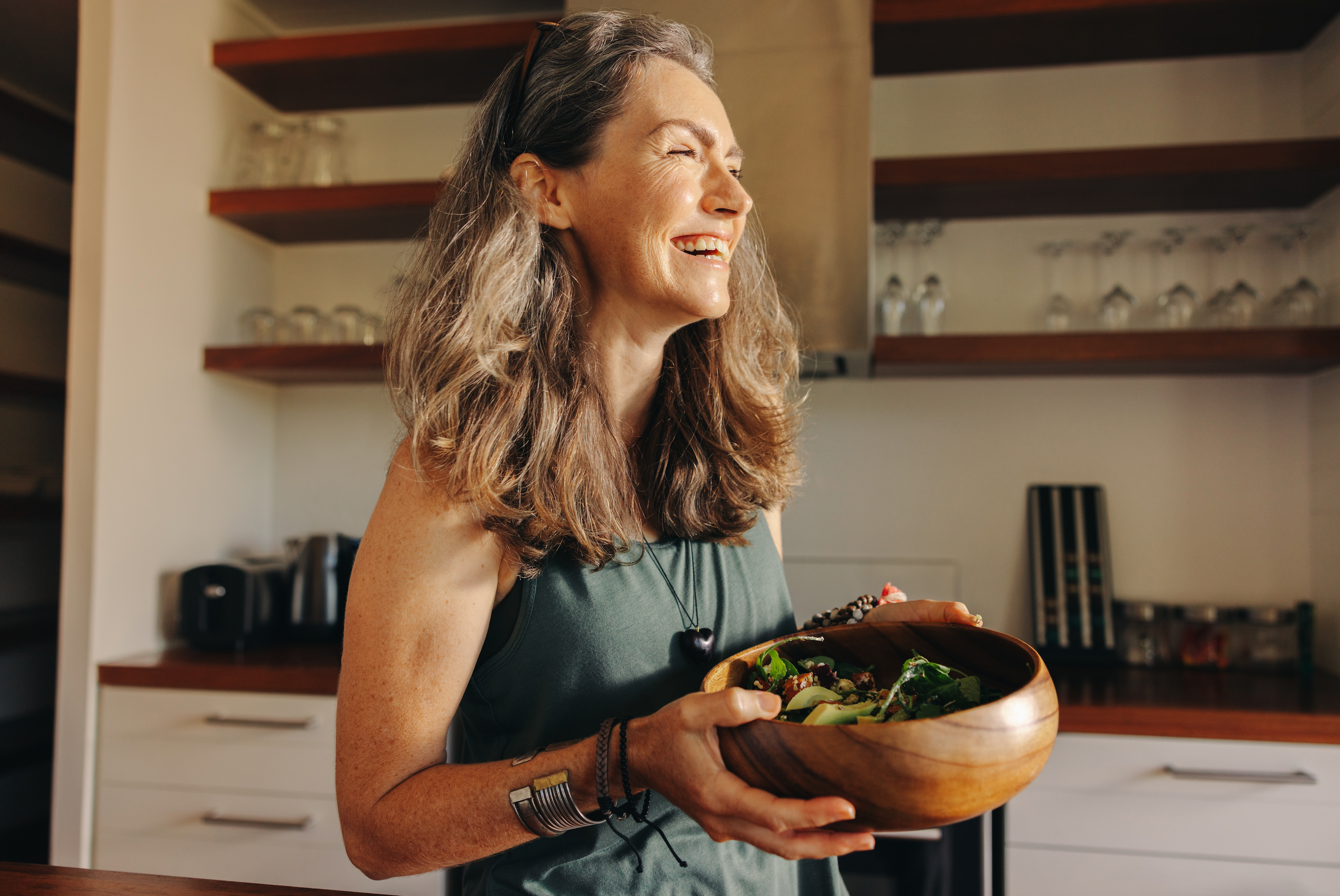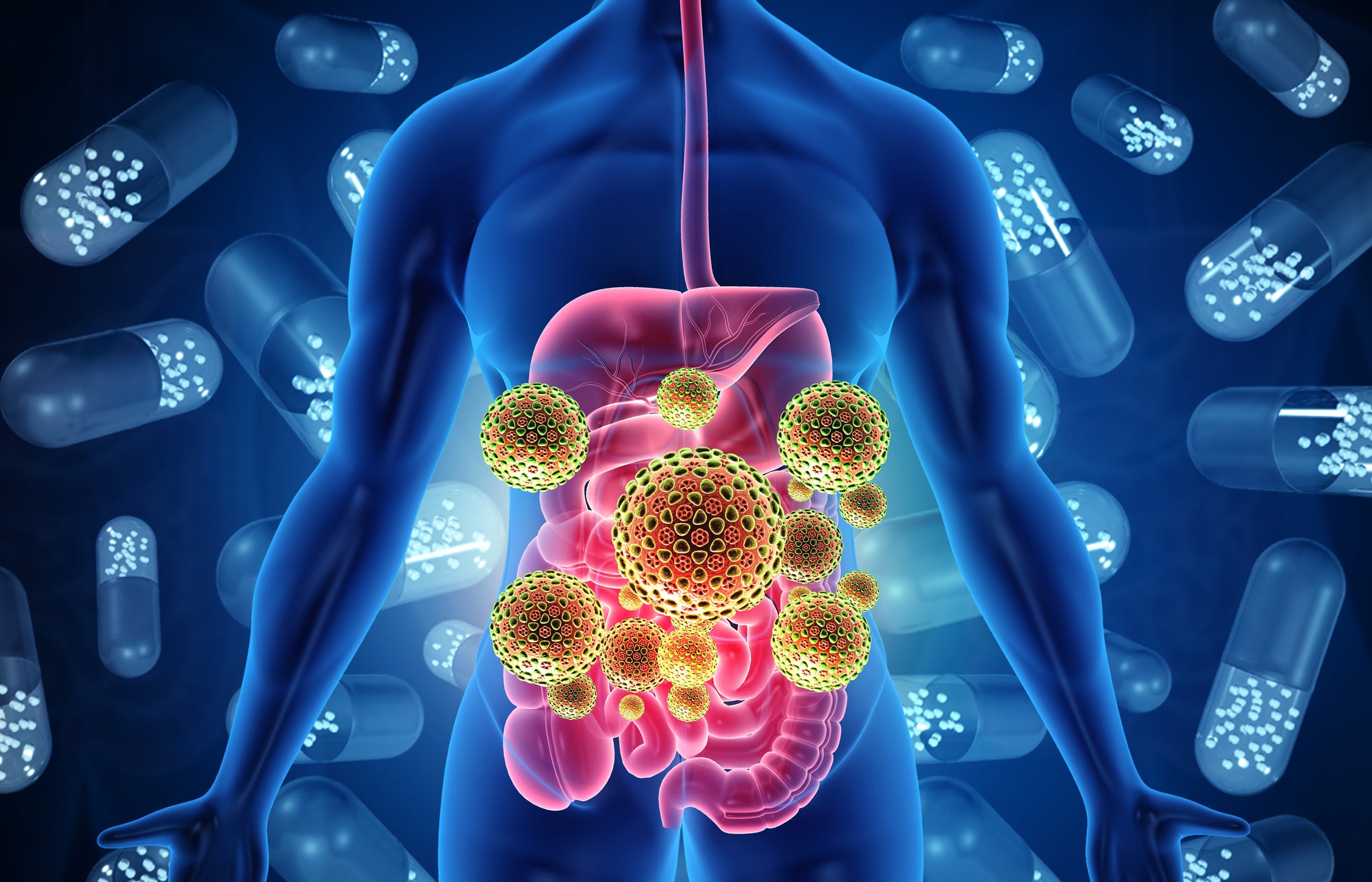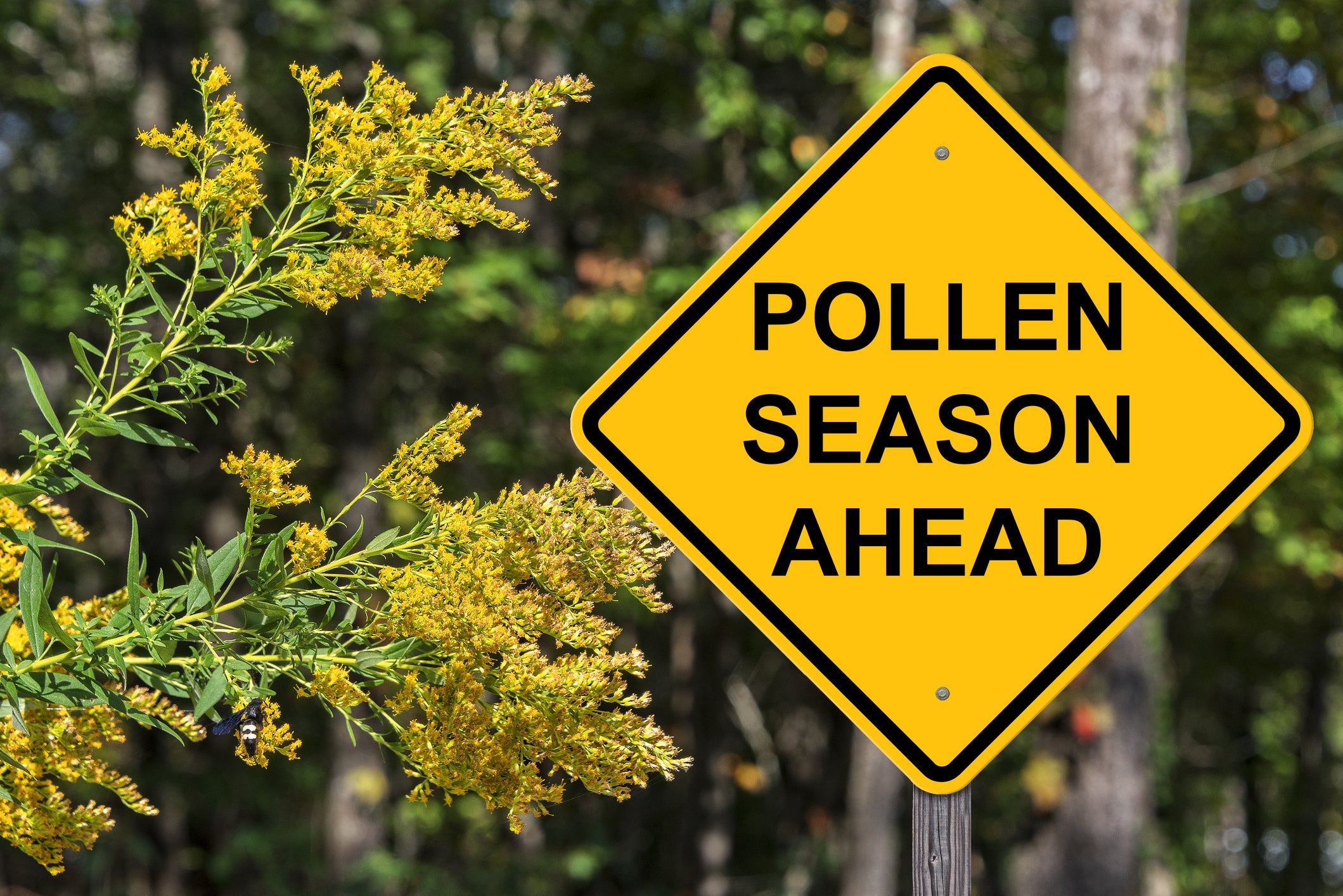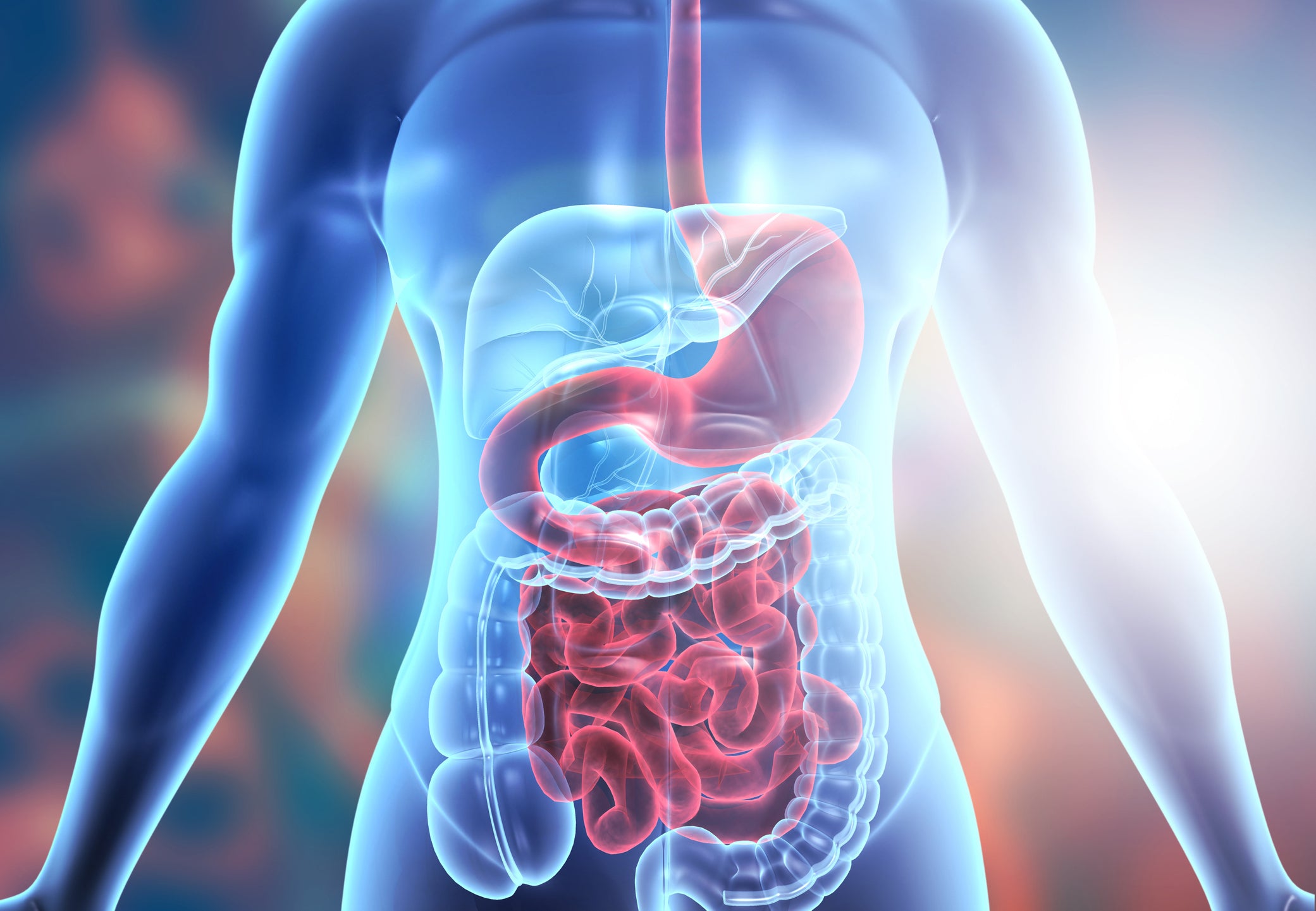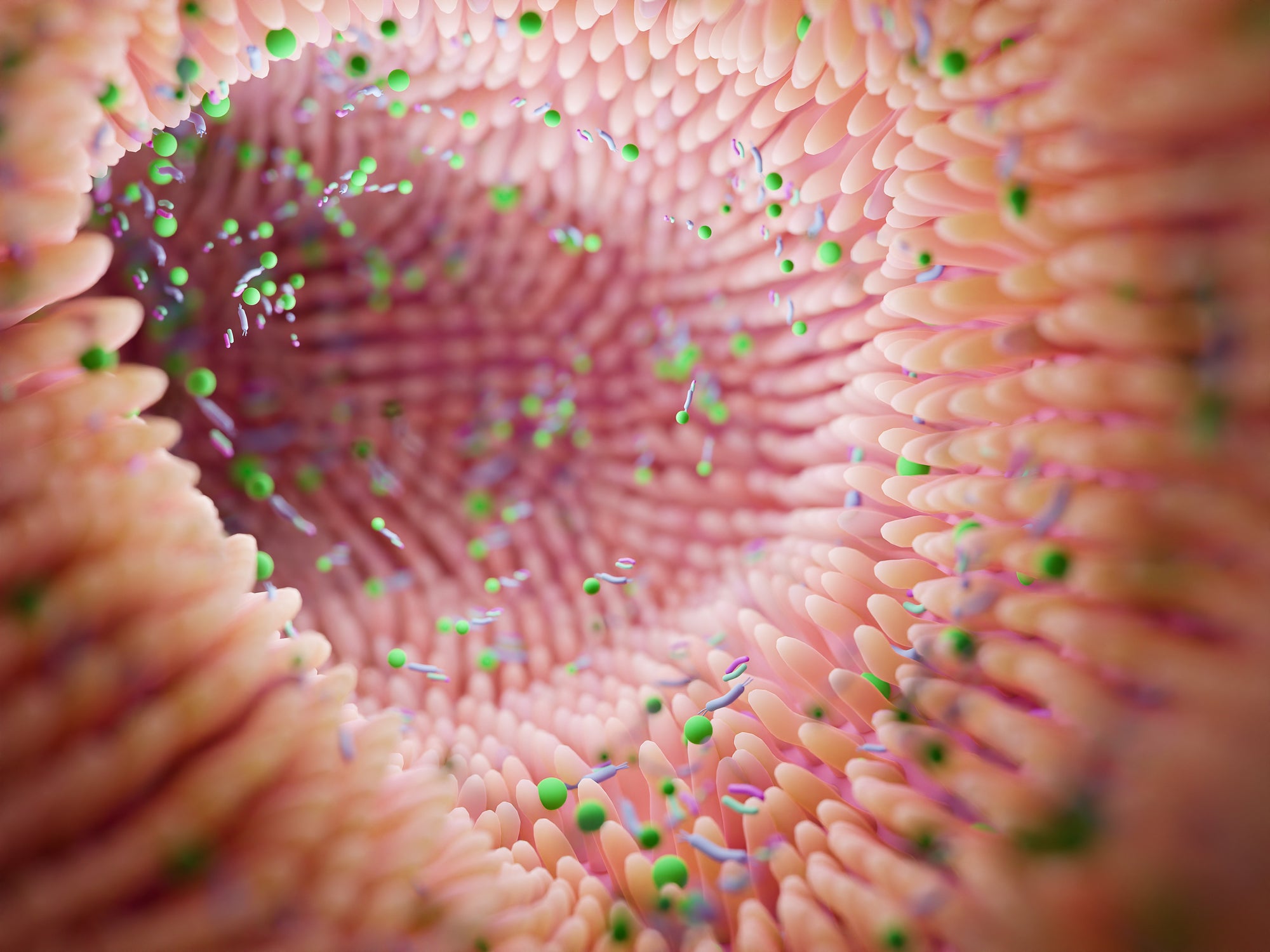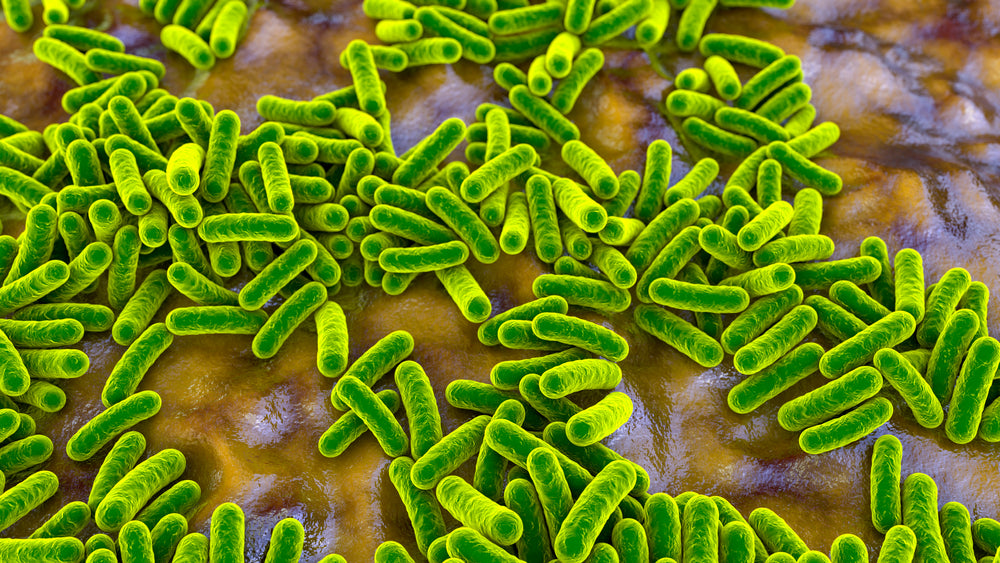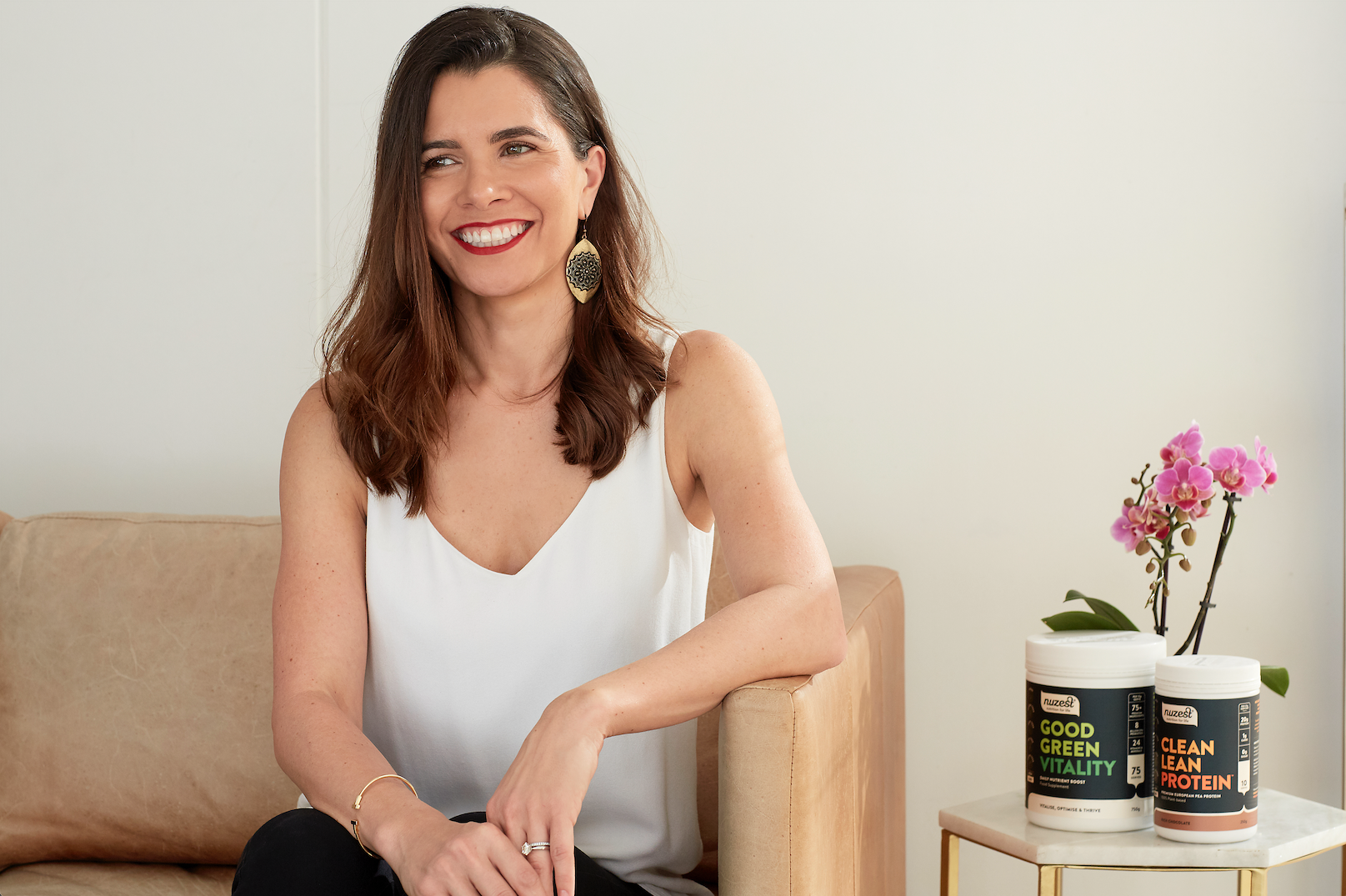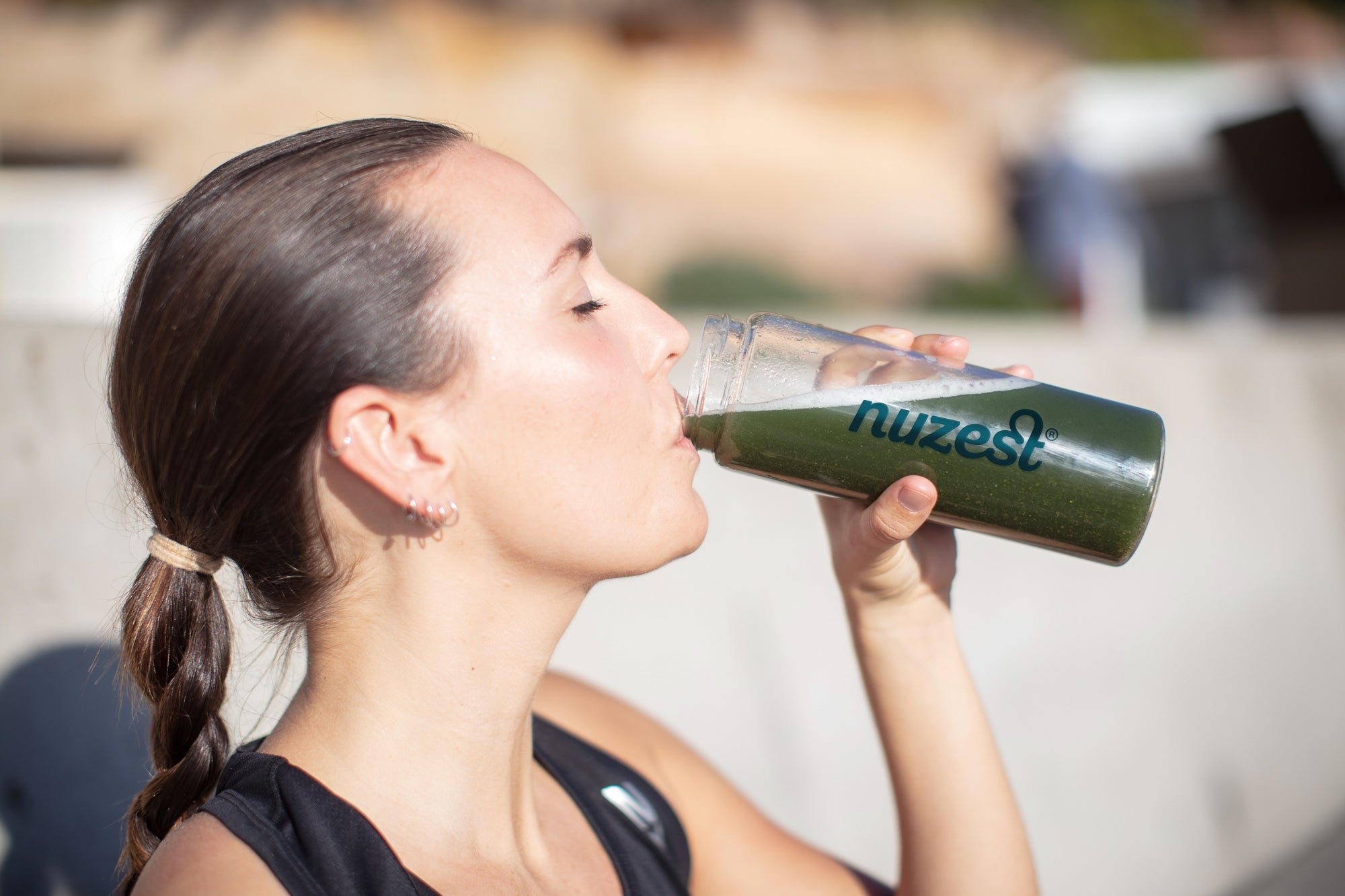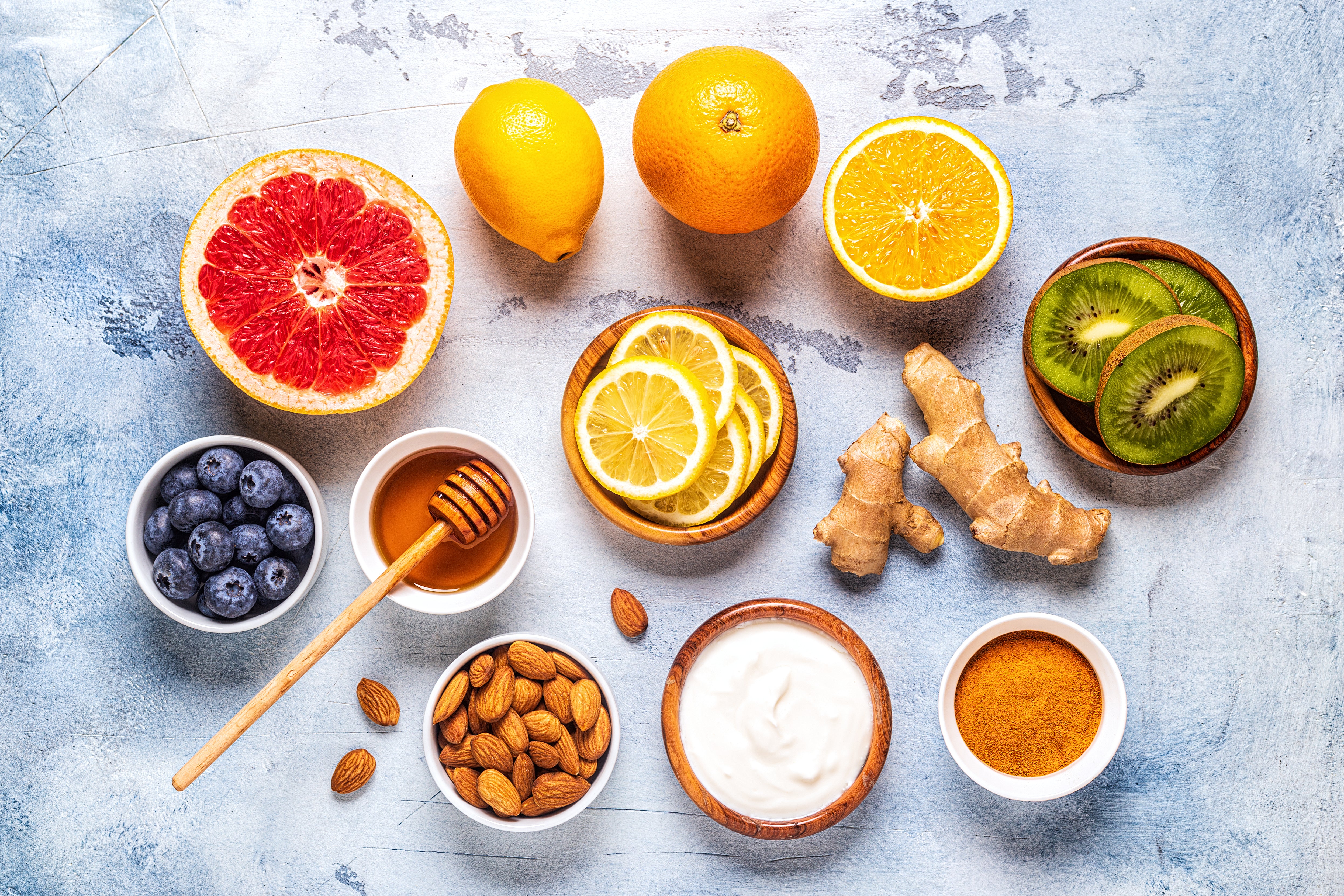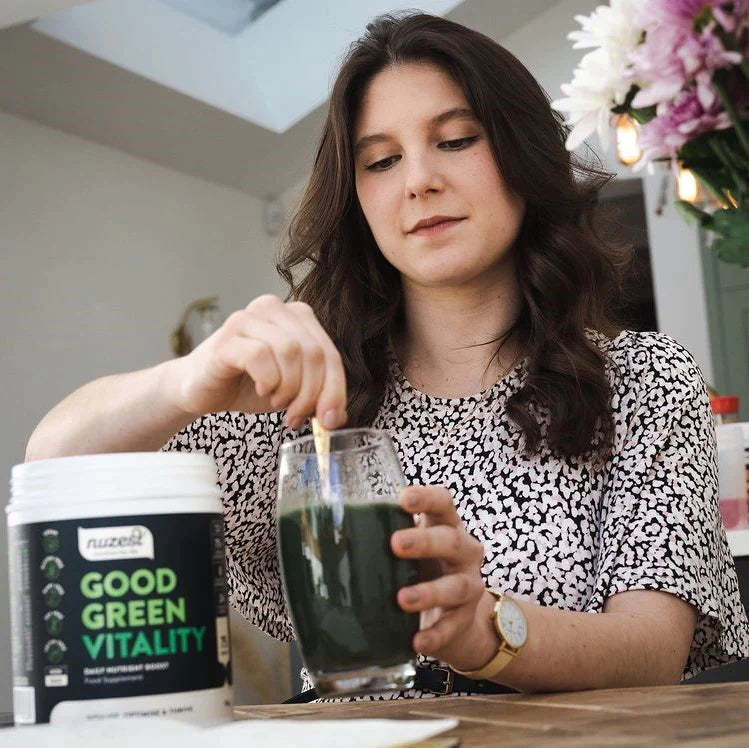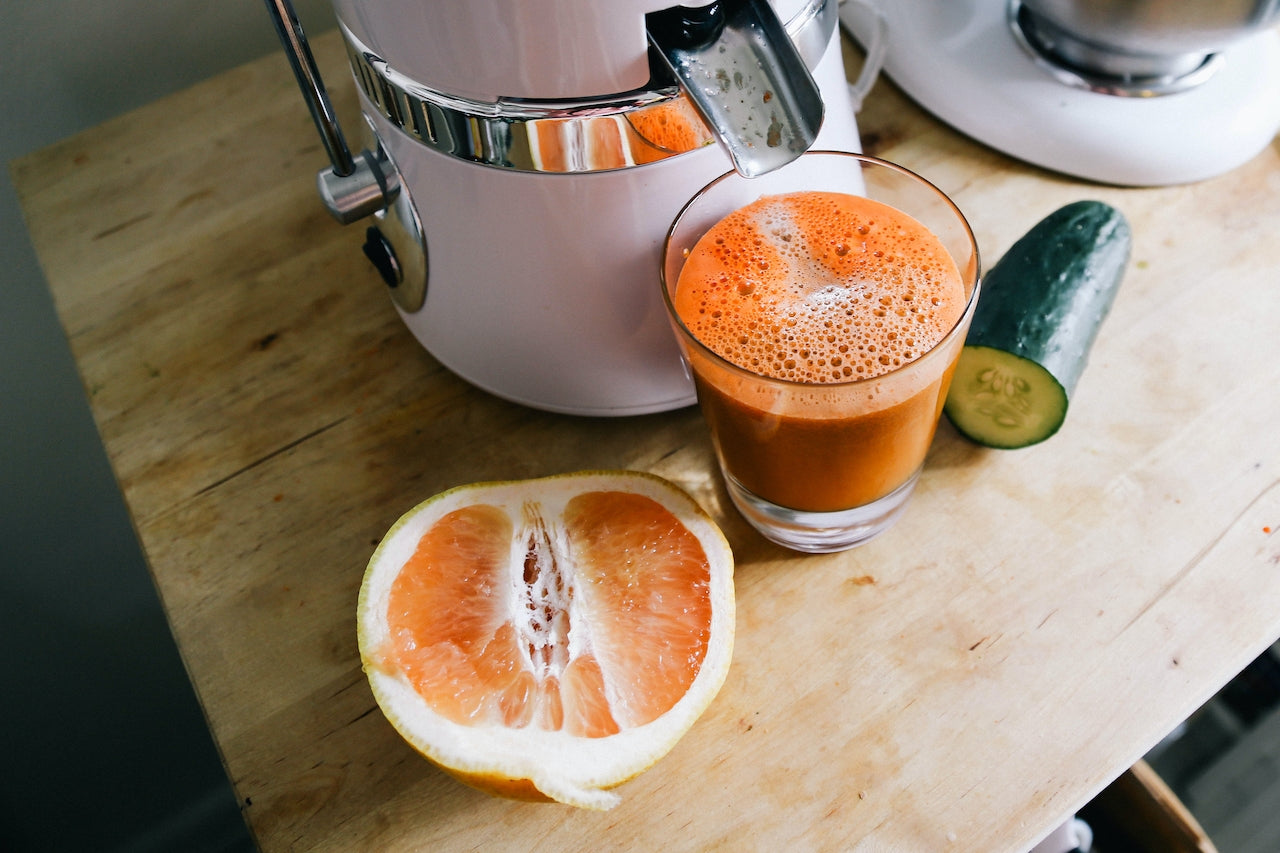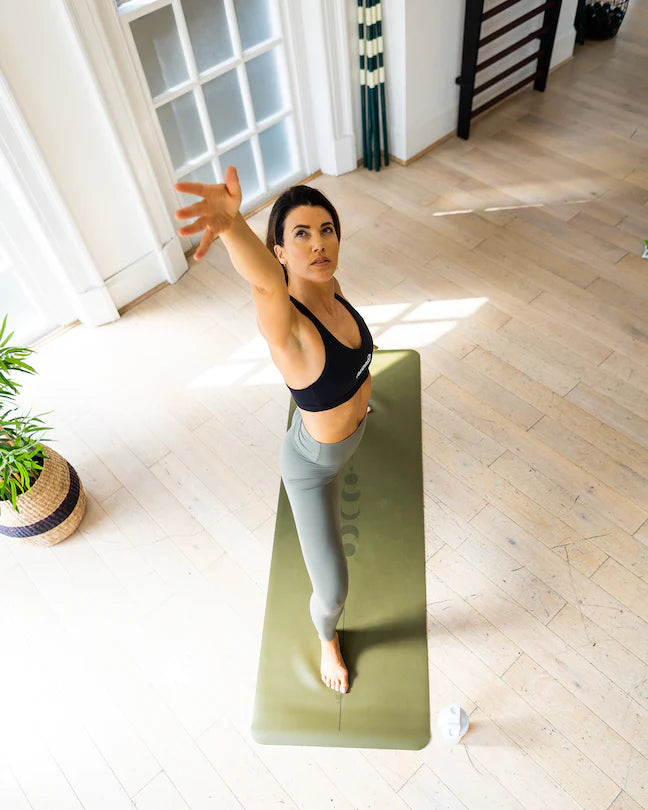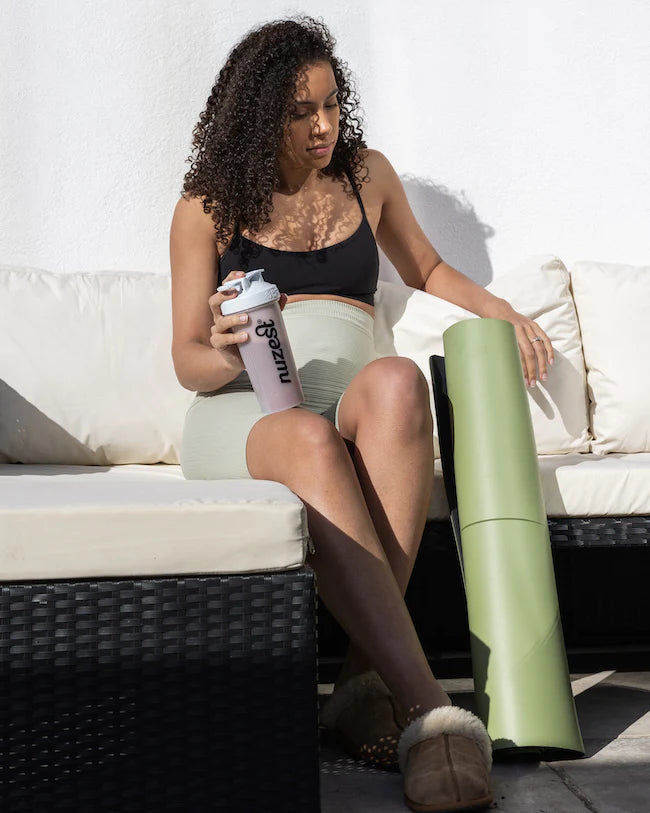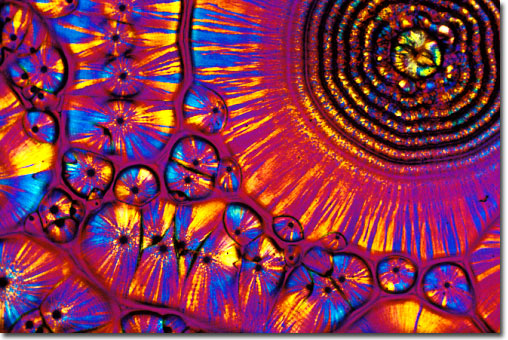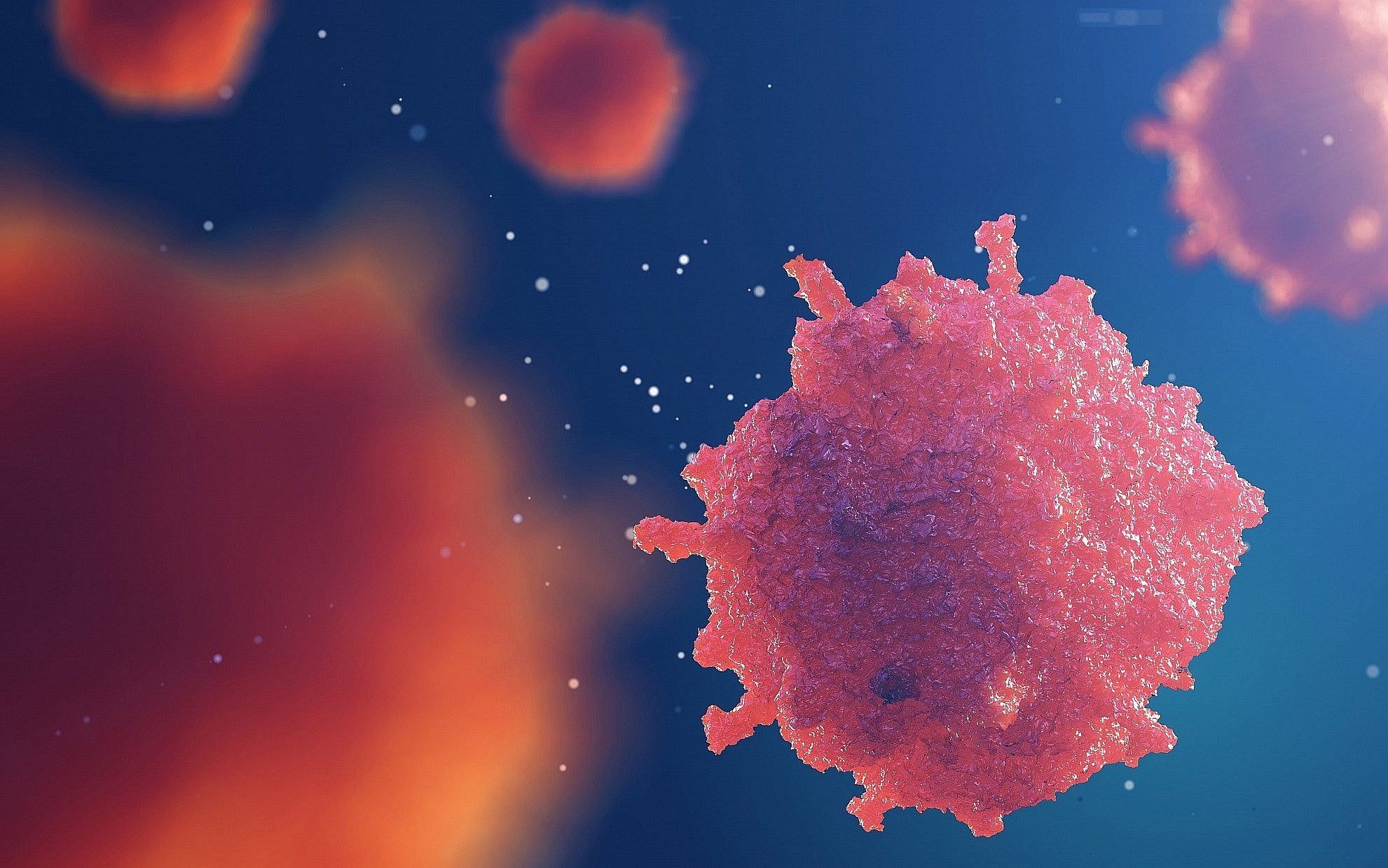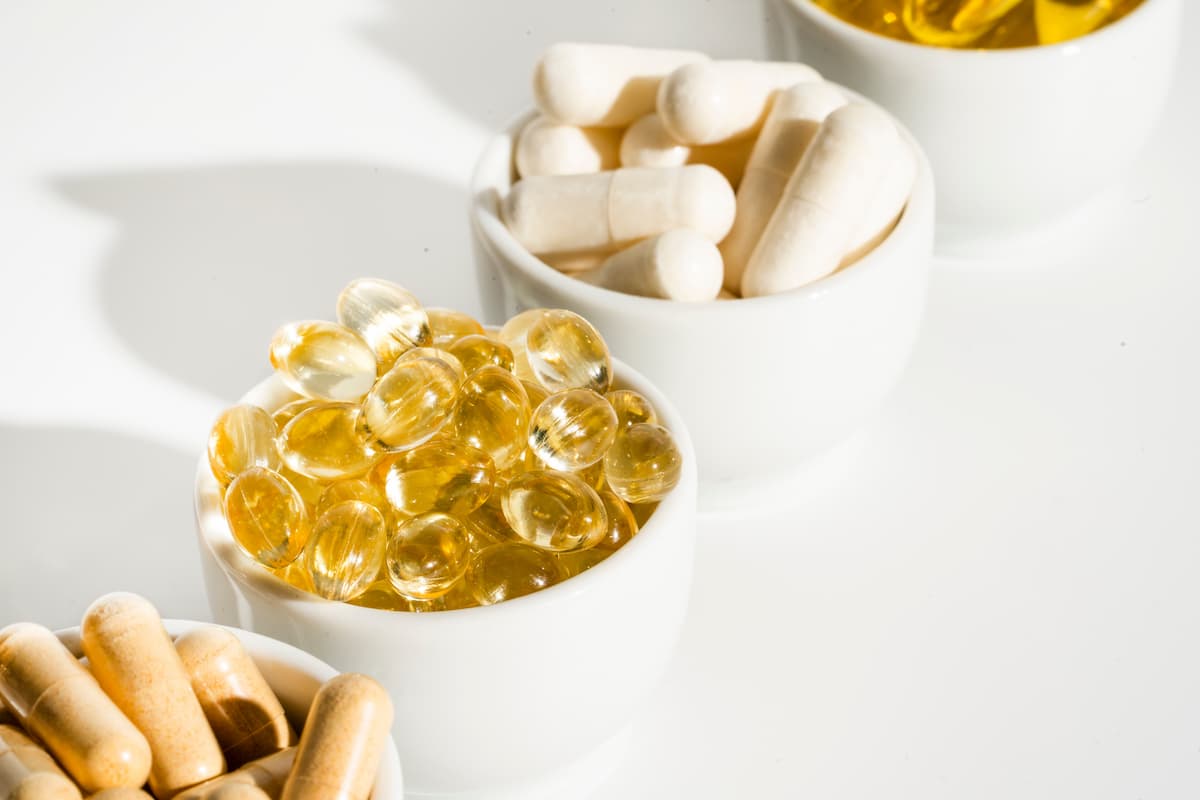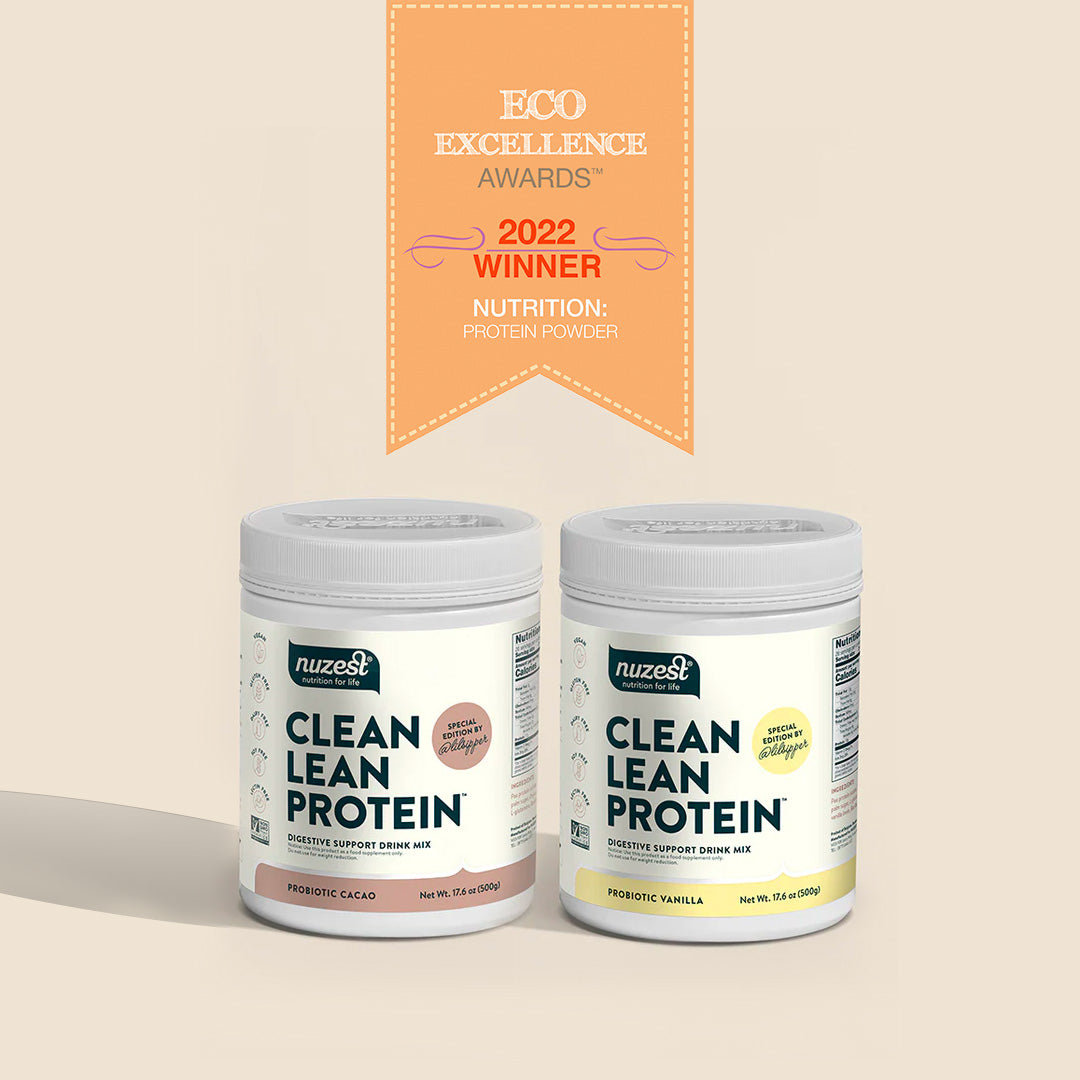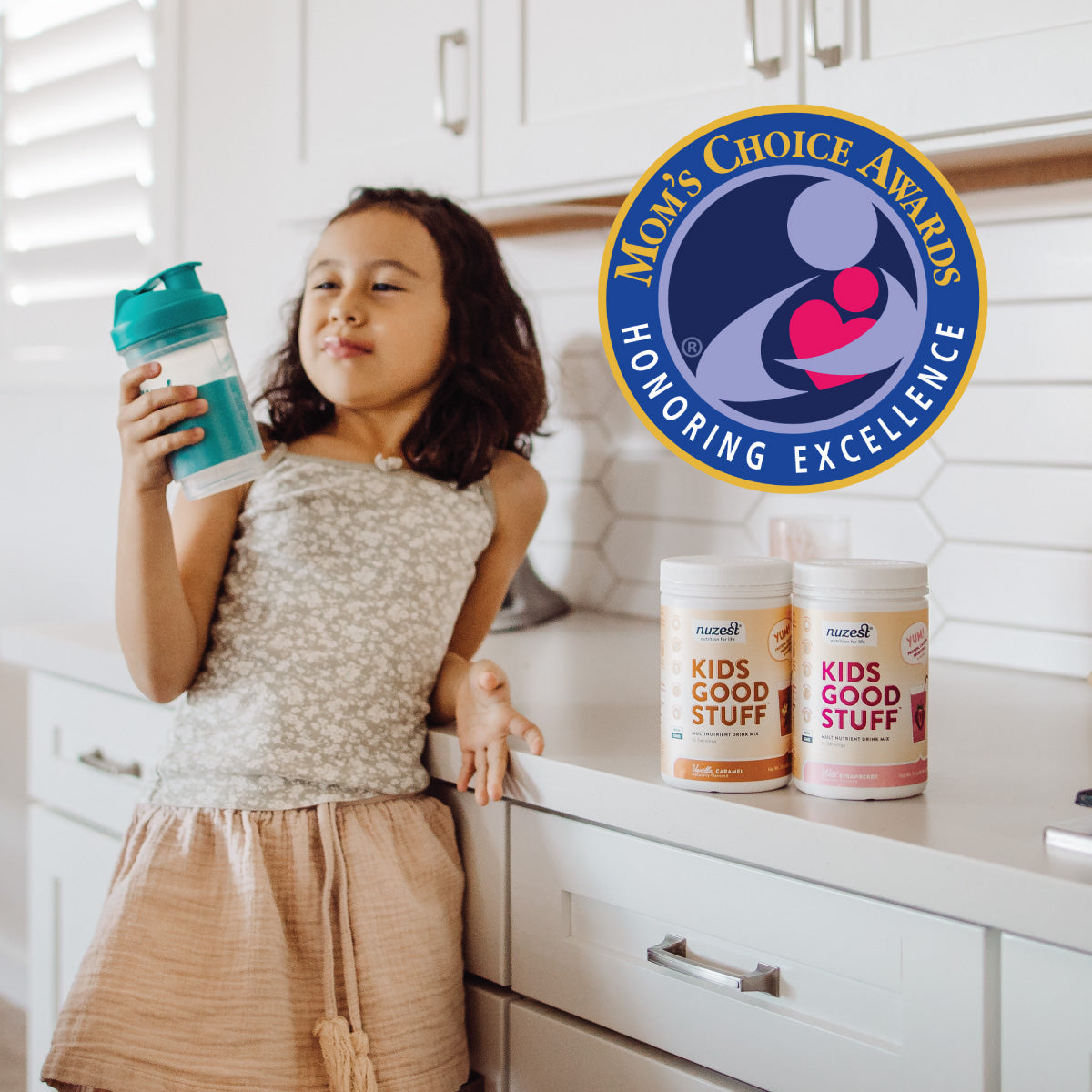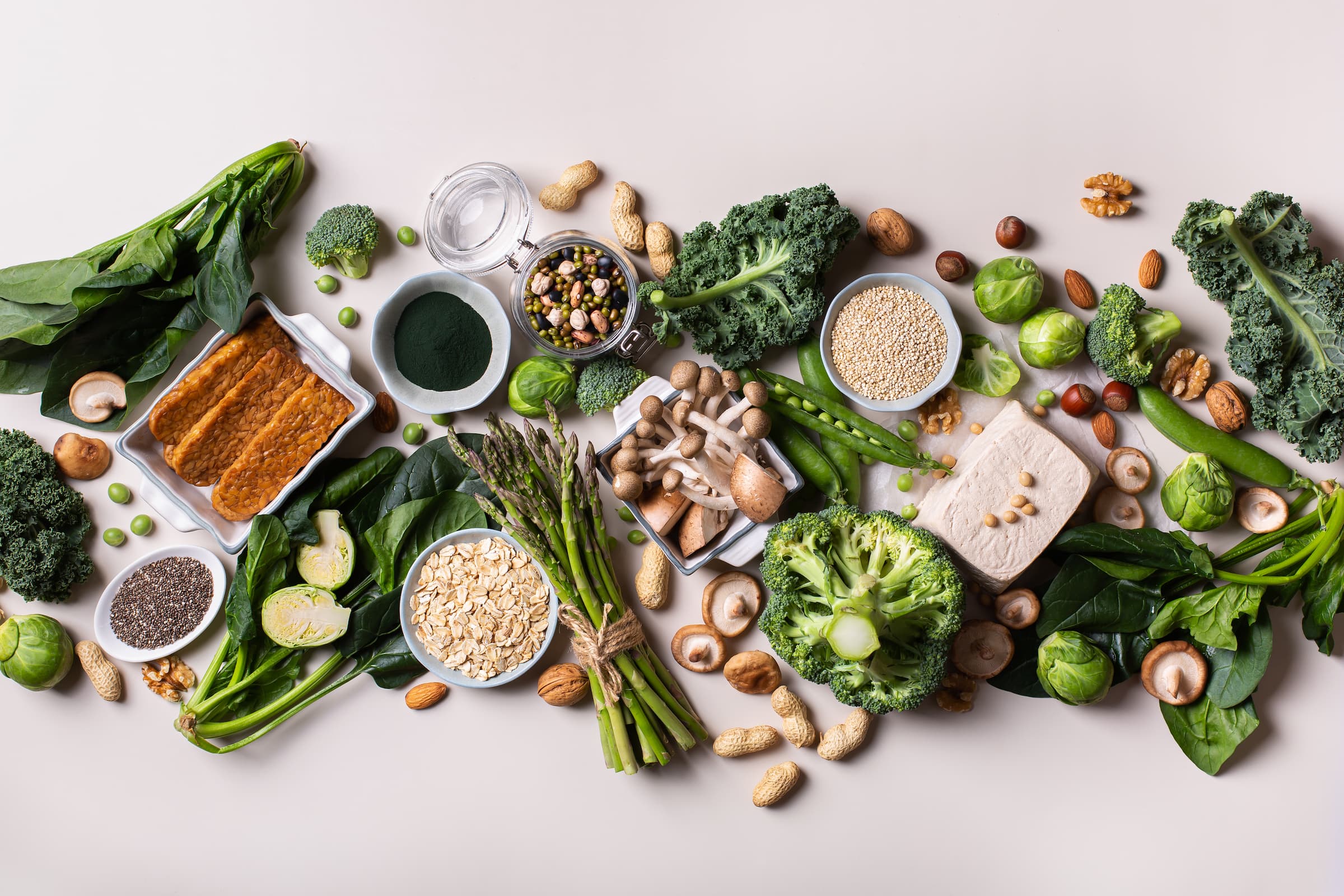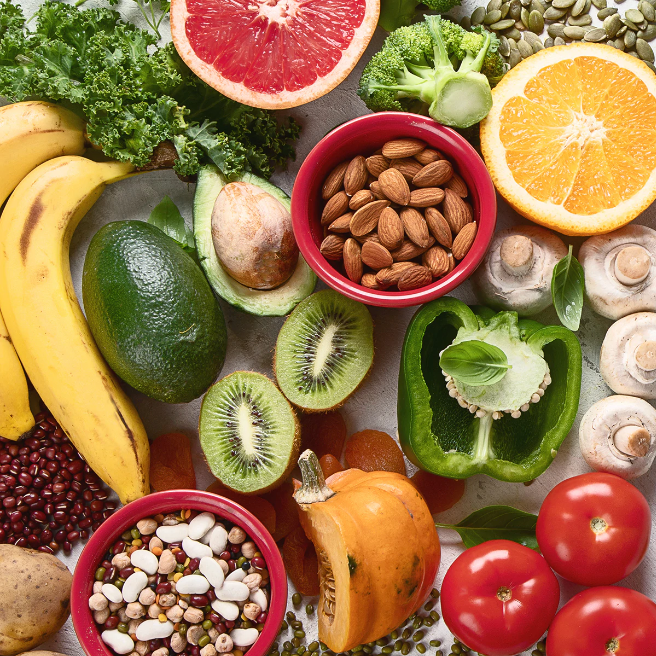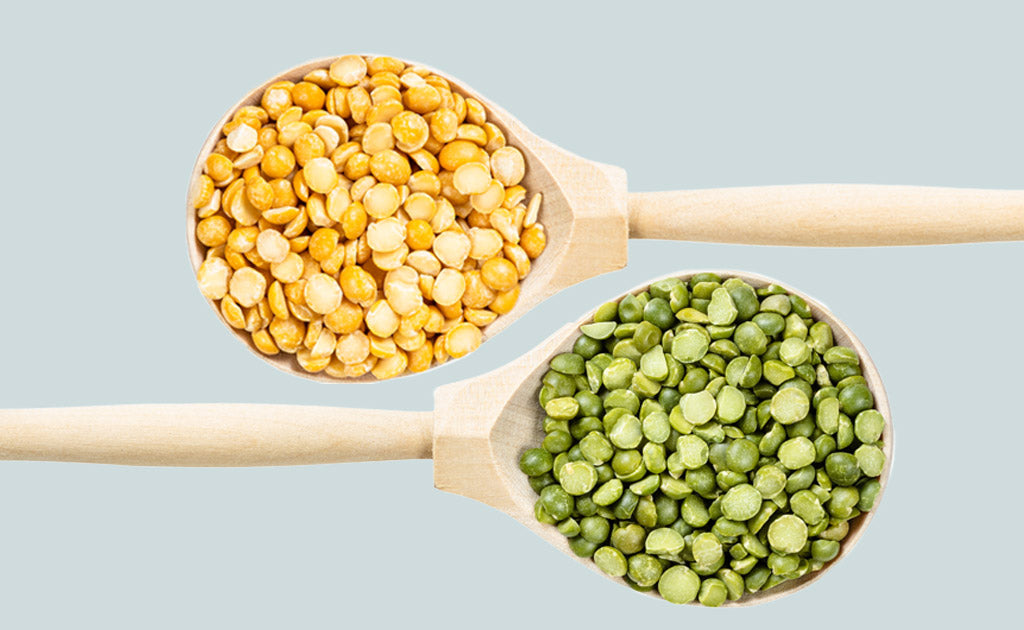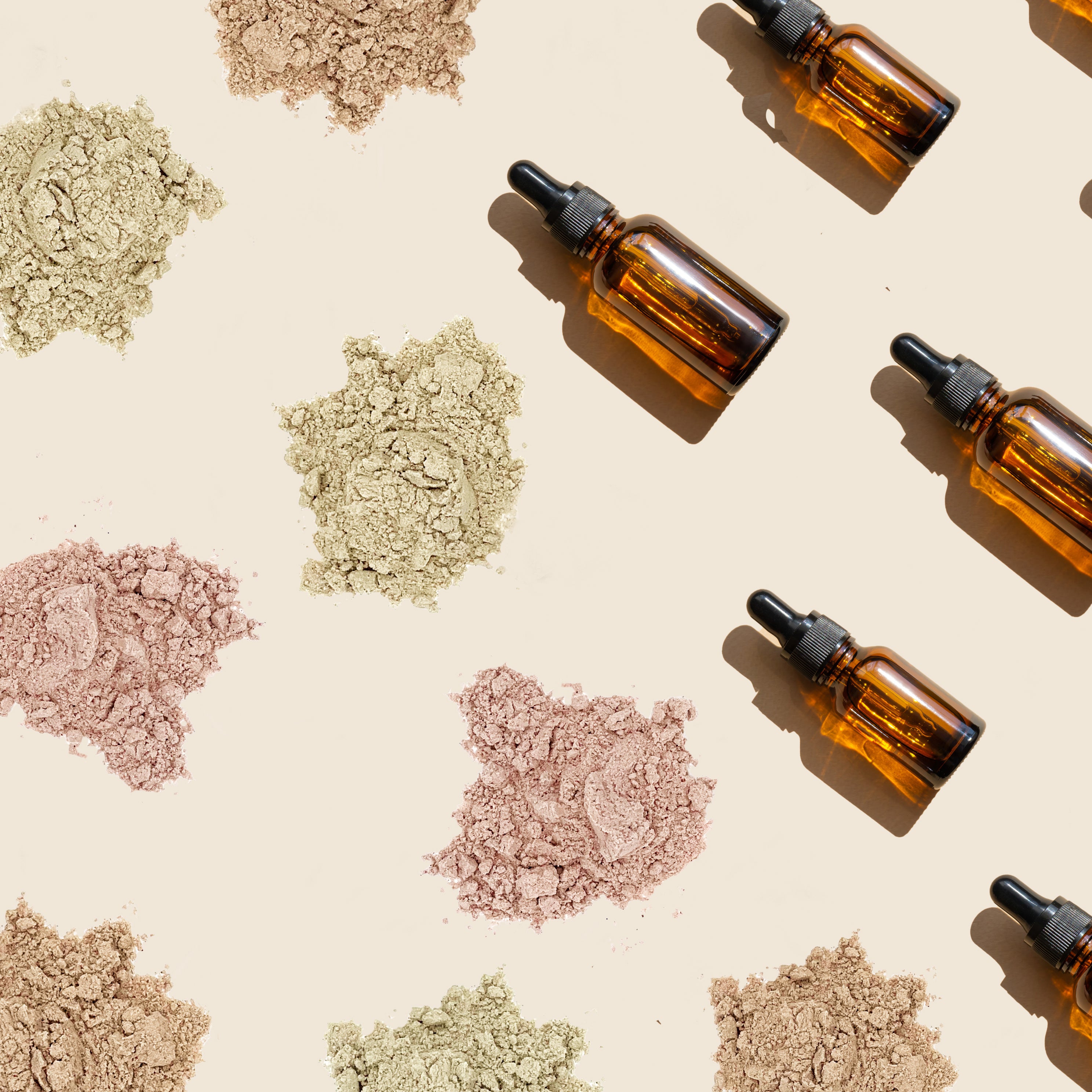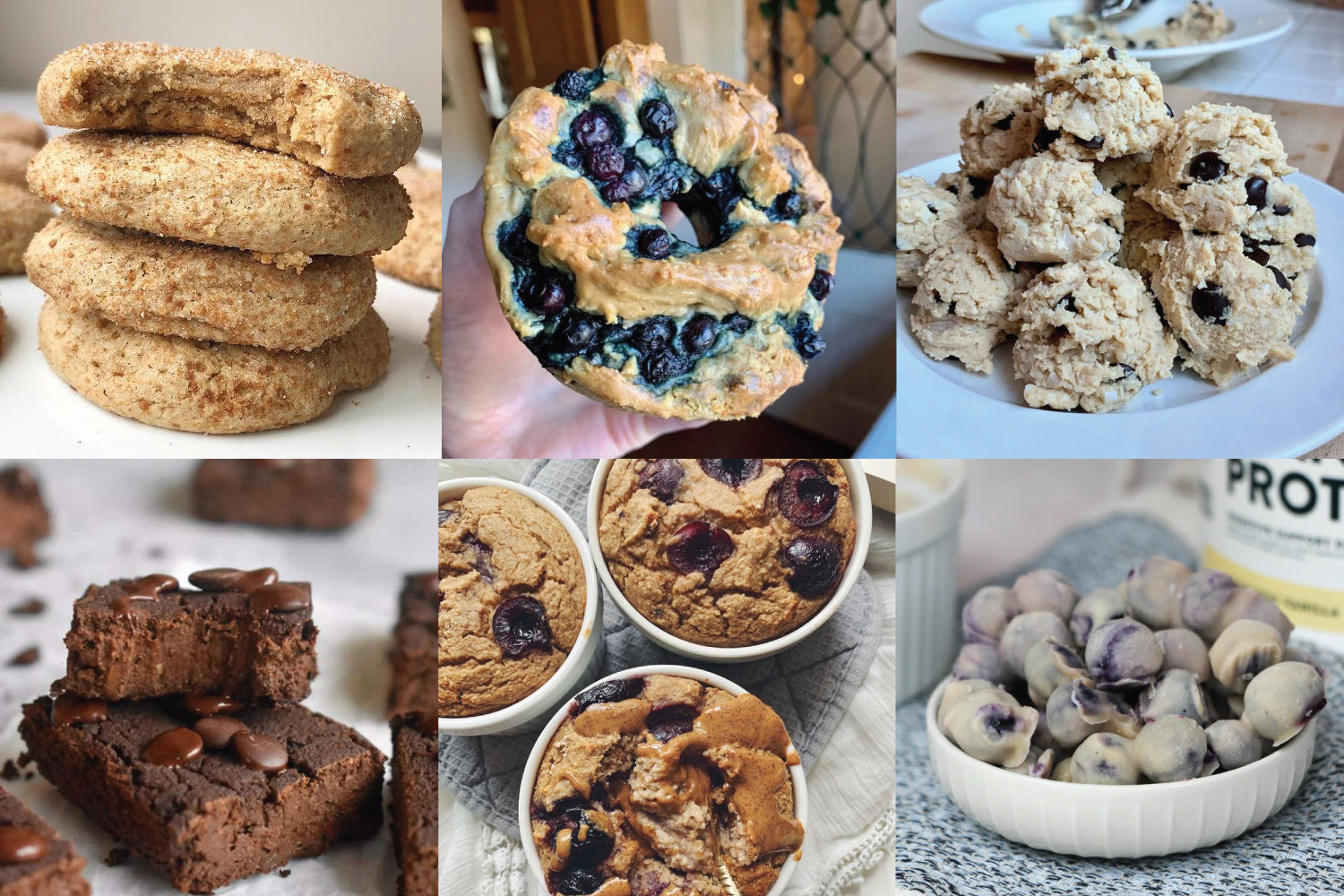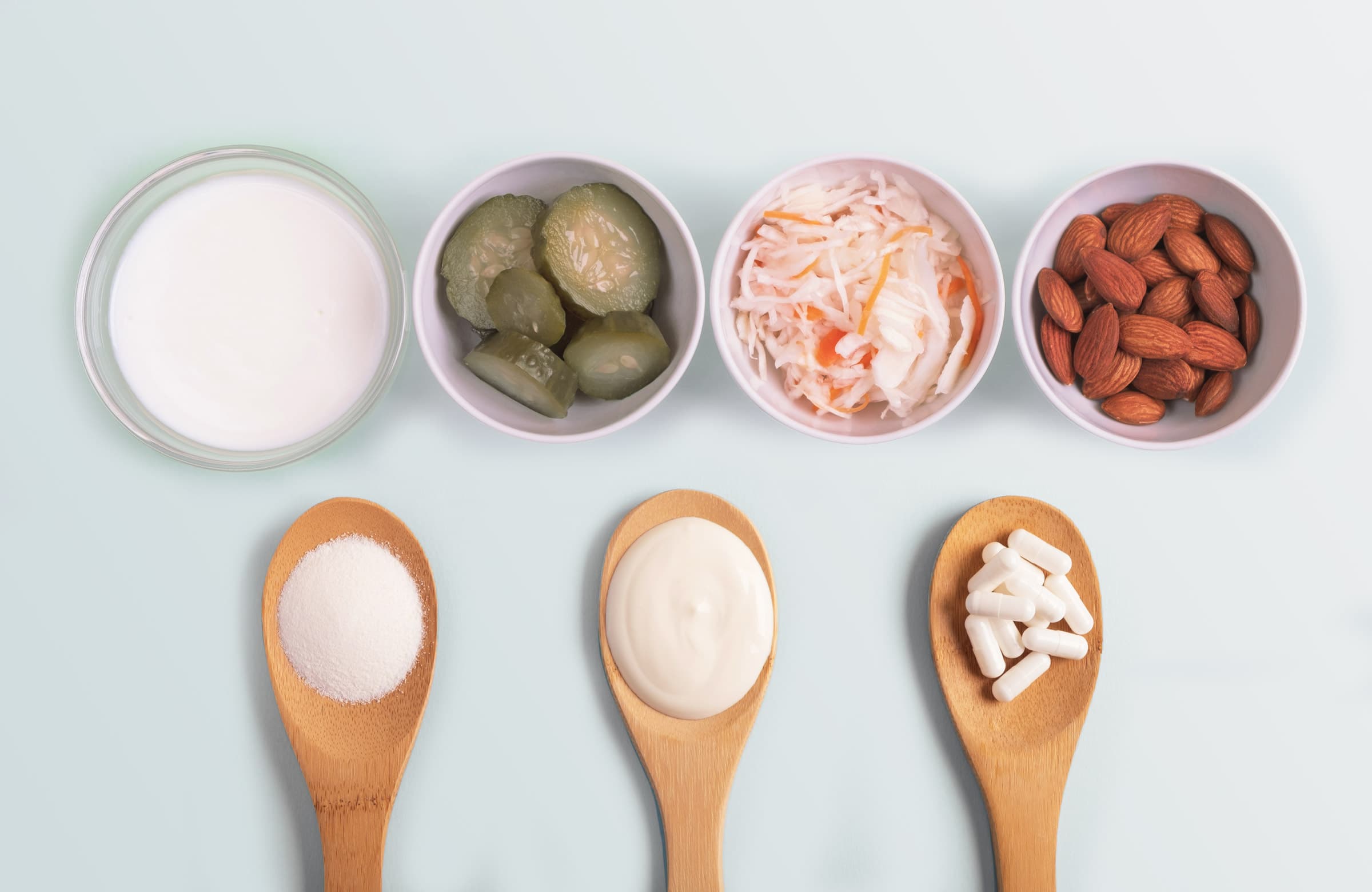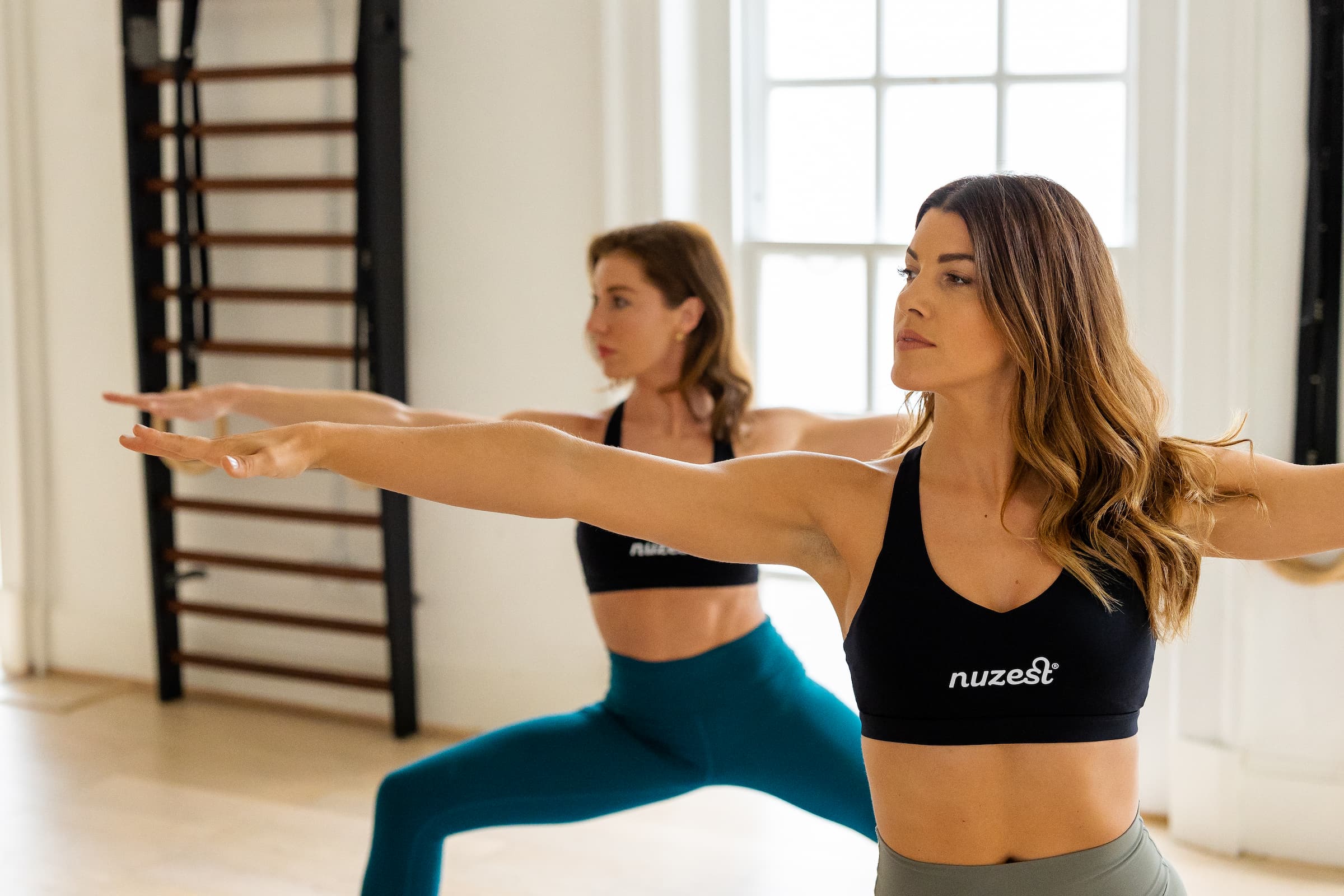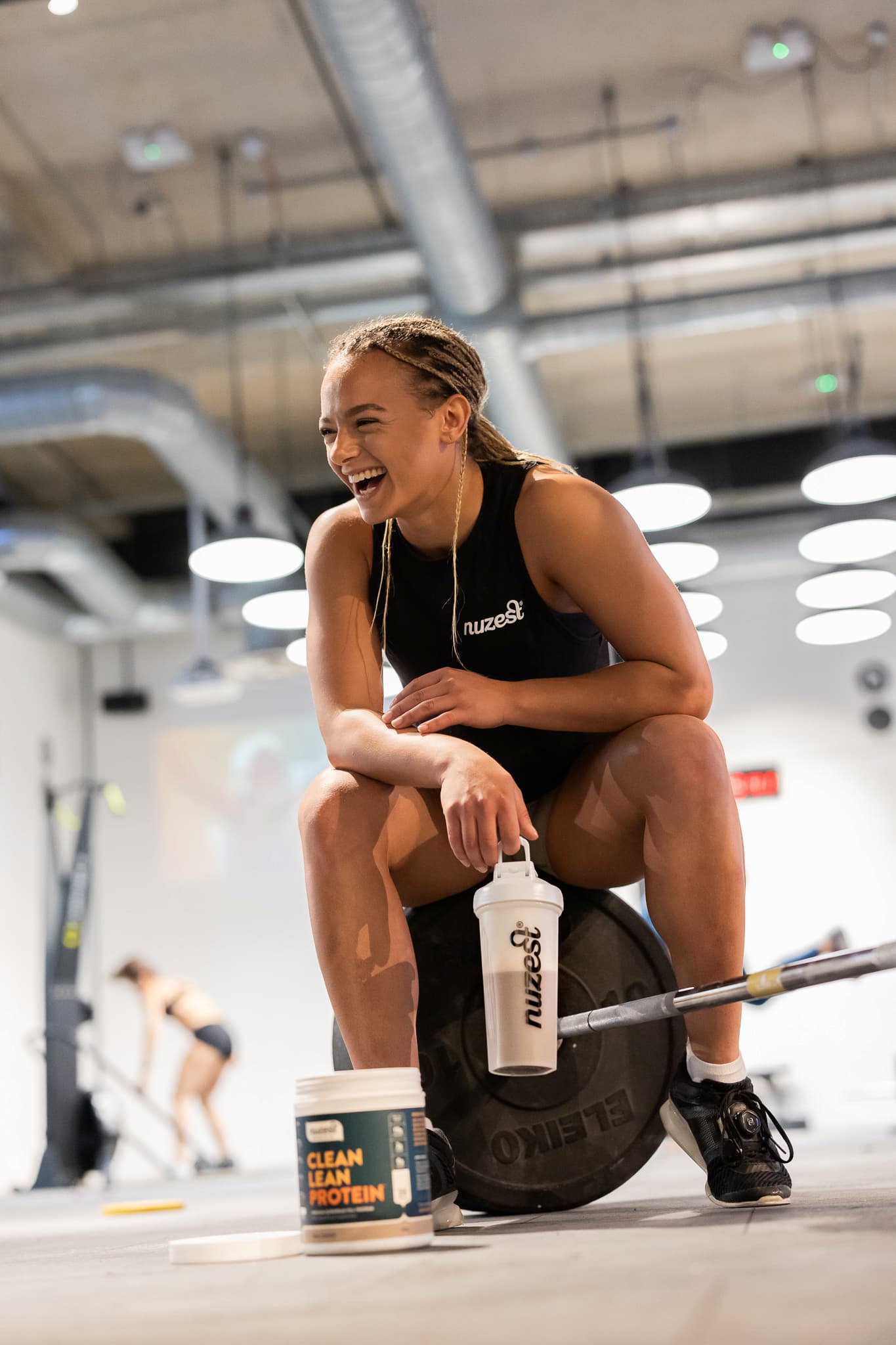Author: Rachel Hawkins (Accredited Practicing Dietitian & Nutritionist)
We often hear about the importance of protein for the growth and maintenance of muscle mass, but what about the importance of protein as we age? Accredited Practicing Dietician, Rachel Hawkins, discusses how protein can help to support healthy aging below.
What is protein and why is it important?
Proteins are large molecules that are made up of smaller building blocks called amino acids. Protein is present in all living cells, thus has many important functional and structural properties.1
In the human body, protein can be found in: 1,2
- muscle mass, bones, organs, hair, skin and nails
- collagen, which provides strength and structure to tissues such as cartilage
- hemoglobin, which transports oxygen around the body
- enzymes, which regulate aspects of metabolism by supporting chemical reactions that allow us to digest food and generate energy to contract muscles
- hormones, which act as chemical messengers in the body
- antibodies, which play a role in immunity
There are twenty amino acids that link together in different combinations to carry out varying functions listed above. In addition, protein can also be used as an energy source.
Of the twenty amino acids found in proteins, eleven of these can be made in the body. These are referred to as non-essential amino acids. The remaining nine amino acids cannot be made in the body; therefore, you must consume these in the diet in order for the body to function properly. These are called essential amino acids (as they are essential for normal bodily function).
Is all protein equal?
The nutritional value of a protein is measured by the quantity of essential amino acids it contains. Different foods contain different amounts of essential amino acids, therefore not all protein is made equal.
Animal products such as chicken, beef, fish and dairy contain all nine essential amino acids and are considered ‘complete’, high quality food sources of protein. Plant-based products such as beans, lentils, nuts and whole grains typically lack at least one essential amino acid, thus are considered ‘incomplete’ proteins.
There are some plant-based foods such as soy products, quinoa and European golden peas, the peas used in Clean Lean Protein, that contain all nine essential amino acids. This makes these foods a great addition to a vegan or vegetarian diet, as this way of eating makes it more challenging to ensure an adequate mix of essential amino acids are being consumed through the diet.
How much protein do we need?
The amount of protein we need to consume via the diet varies depending on your age, weight, gender, and health status.1 As a rough guide, it is suggested that healthy women aged 19-70 years require 0.75g of protein per kilogram of body weight each day, while men in this same age bracket require 0.84g of protein per kilogram of body weight each day.1
Do protein requirements change as we age?
Our protein requirements increase as we age. This is because aging bodies process protein less efficiently, meaning that we need more of it in order to maintain muscle mass, strength, bone health and other physiological functions.3
The Australian and New Zealand Nutrient Reference Values indicate that men and women over 70 years of age should consume roughly 1g of protein per kilogram of body weight each day.1 However, experts in the field of protein and aging suggest that a protein intake between 1.2-2g per kilogram of body weight each day is more appropriate in order to maintain structure and function.3,4 This means that a 75 year old woman who weighs 65kg should aim to consume between 78-130g of protein each day.
What happens if we don't consume enough protein as we age?
Inadequate protein intake can impact our ability to maintain independence, quality of life and good health as we age. This is because one of the major threats to living independently is the loss of muscle mass, strength and function that occurs progressively from around 50 years of age. This is known as sarcopenia.5,6 The reduction of total body protein that occurs as we age also reduces physiological proteins such as organ tissue, blood components and immune bodies, which contributes to impaired wound healing, loss of skin elasticity and an inability to fight infection, thus resulting in longer recovery time following illness or injury.3,5,6
Why do we struggle to consume enough protein as we age?
It is not uncommon for people eat less food with age. This can be attributed to factors such as a lack of appetite, changes to smell and taste, living alone, loss of interest in cooking and difficultly in eating due to teeth, gum or denture problems. Eating less food means that older adults often miss out on consuming enough protein despite their needs being higher. In fact, several studies show that elderly people consume less than the daily recommended amount of protein.4,7,8

Ways to get more protein into your diet with Clean Lean Protein
Made from European golden peas, Clean Lean Protein is an excellent source of plant-based protein. It’s highly digestible and contains all nine essential amino acids required to support healthy ageing.
Ways to add more protein into your diet with Clean Lean Protein.
- Mix a scoop of protein into your yogurt for a protein rich snack. Top with fresh fruit and unsalted nuts for extra crunch and flavor.
- Boost the protein content of your meals by fortifying them with Clean Lean Protein. Try making this Vegan Mac N’ Cheese, Vegan Shepherd’s Pie, or Lentil and Coconut Soup to see how easy it is to squeeze extra protein into your meals.
- Stir a serving of Clean Lean Protein through a dip, such as hummus, and enjoy with vegetable sticks or wholegrain crackers for a high protein snack.
- Add two scoops of Clean Lean Protein to a smoothie for a hit of protein. I can never go past a simple banana and cinnamon smoothie. Blend 1 frozen banana, 2 tbsp oats, 2 scoops Smooth Vanilla Clean Lean Protein, 1 tsp cinnamon and a handful of ice cubes together and enjoy!
- Consume a simple protein shake made with Clean Lean Protein and 10 oz of your choice of plant-based milk following physical activity to help with muscle recovery.
- Incorporate vegan pea protein into your baking to boost the protein content of sweets and desserts. Try this Almond Butter and Jam Sundae!
References
[1] https://www.nrv.gov.au/nutrients/protein
[2] https://www.betterhealth.vic.gov.au/health/HealthyLiving/protein
[3] https://www.ncbi.nlm.nih.gov/pmc/articles/PMC4924200/
[4] https://pubmed.ncbi.nlm.nih.gov/23867520/
[5] https://www.betterhealth.vic.gov.au/health/HealthyLiving/protein
[6] https://pubmed.ncbi.nlm.nih.gov/15640517/
[7] https://pubmed.ncbi.nlm.nih.gov/14641970/
[8] https://pubmed.ncbi.nlm.nih.gov/18469286/


